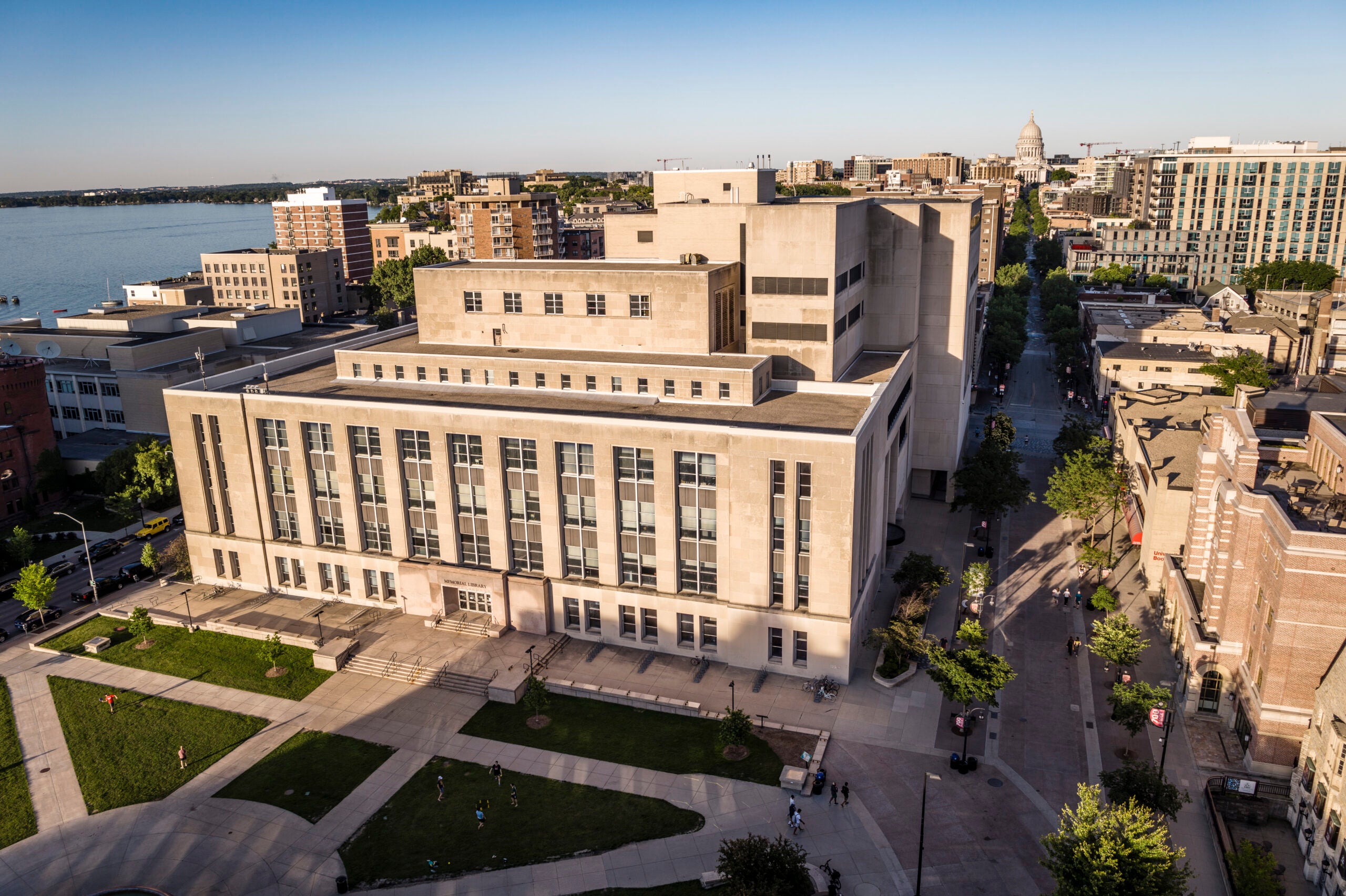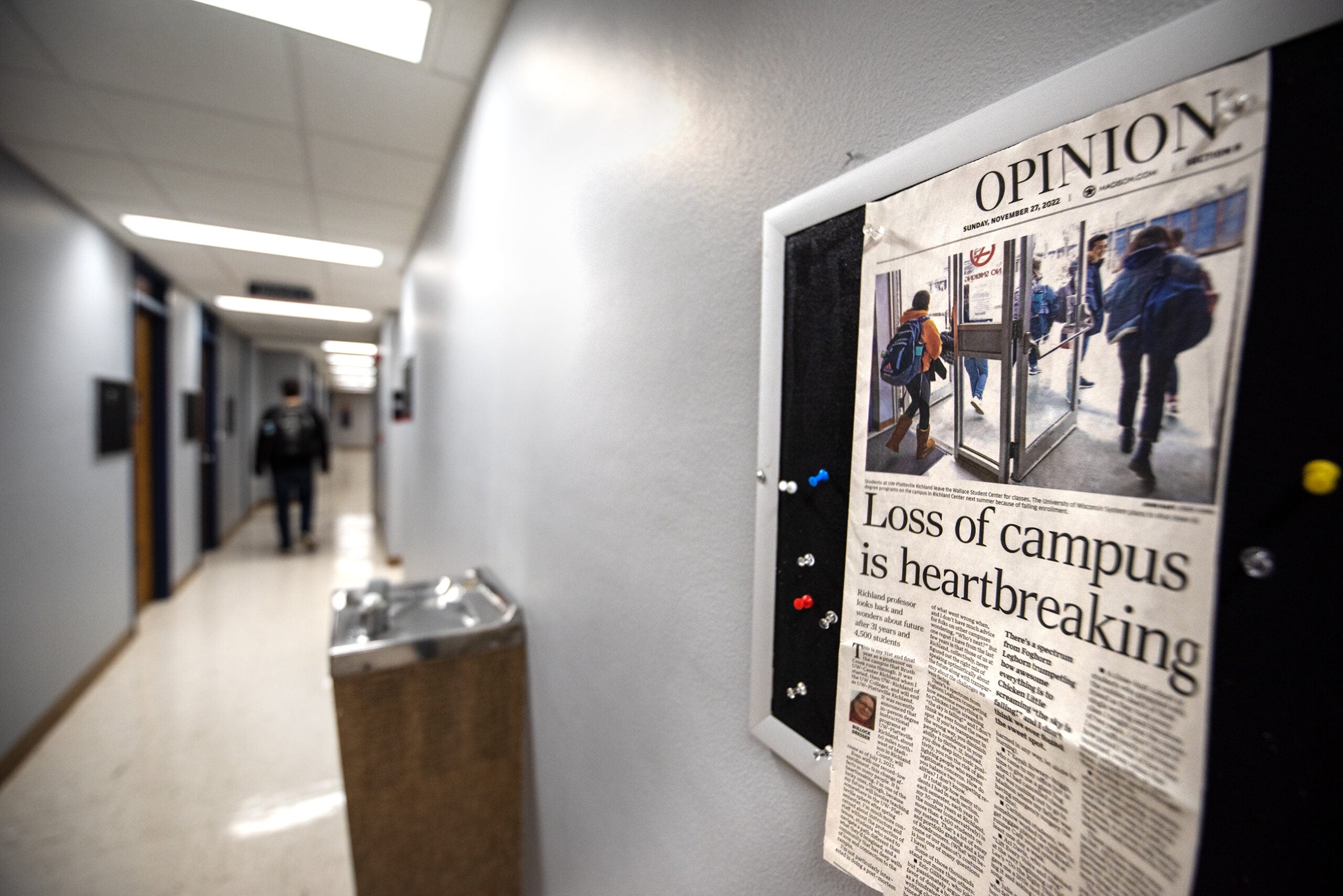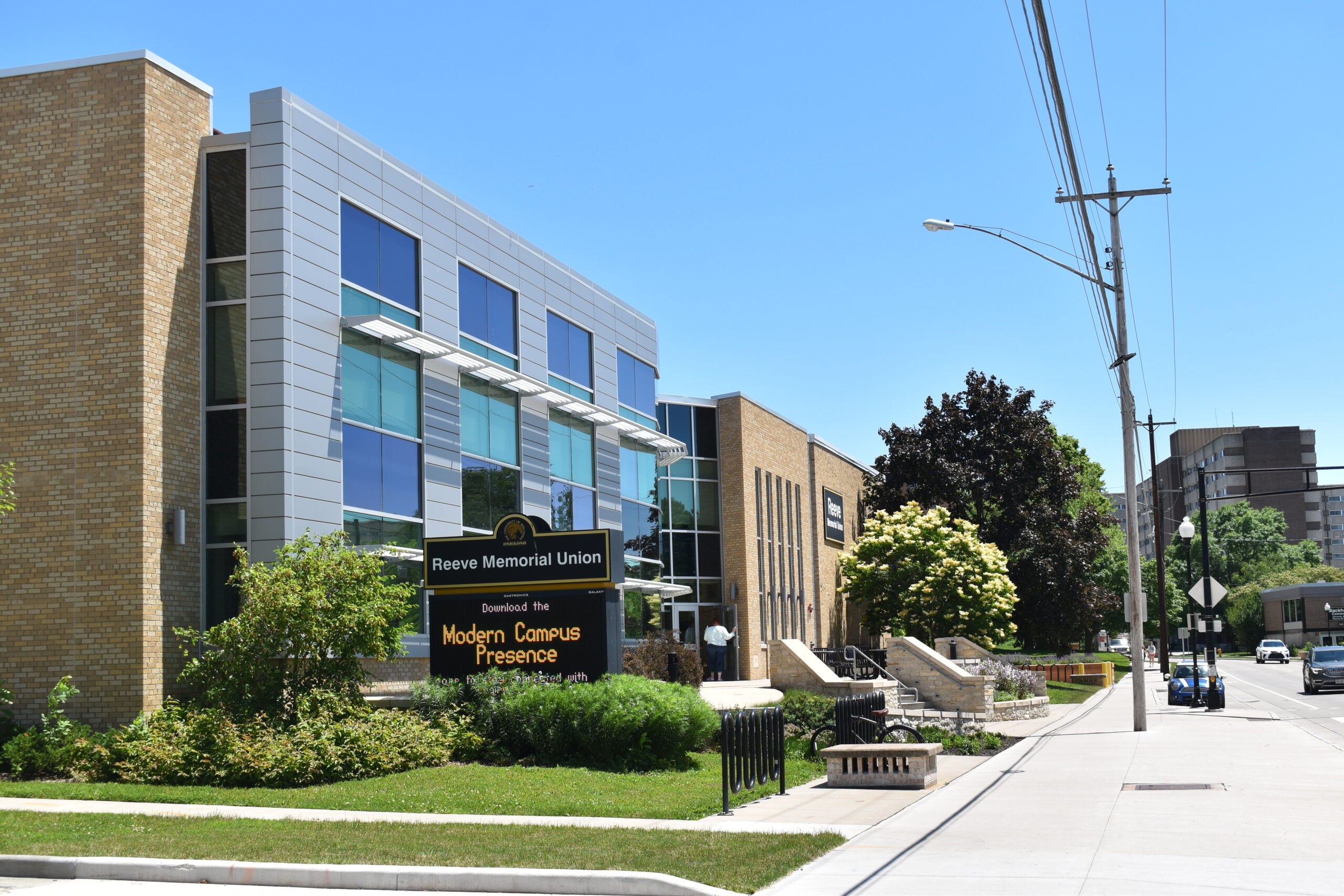Estimates from the University of Wisconsin System Administration Office show the state’s 13 universities and branch campuses are expecting more than $212 million in losses related to the COVID-19 pandemic through the summer semester. The numbers were described as “catastrophic” during a Thursday meeting of the UW Board of Regents.
Losses stem from housing and dining service refunds, lost revenues from canceled sporting events, unexpected costs to accommodate students taking classes online and a 5 percent budget reduction ordered by Gov. Tony Evers.
A presentation by Sean Nelson, UW System vice president of finance, showed UW-Madison is estimated to shoulder more than $117 million in losses, or more than half of the system-wide total. UW-Milwaukee is expected to take a more than $20 million hit, followed by UW-Eau Claire, which is expected to lose more than $10 million. Among all campuses, UW-Superior is expected to lose the least at just more than $2 million.
News with a little more humanity
WPR’s “Wisconsin Today” newsletter keeps you connected to the state you love without feeling overwhelmed. No paywall. No agenda. No corporate filter.
As a percentage of their current budgets, the figures represent losses of around 6 percent for UW-Superior, 11 percent for UW-Eau Claire, 7 percent for UW-Milwaukee and 12 percent for UW-Madison.
For UW-Madison, Nelson said the bulk of the losses — 24 percent — were related to research. For all other campuses, he said the majority of losses — 32 percent — came from housing refunds issued after classes were moved online and students were told to stay home if possible.
Nelson said the UW System campuses are anticipating more than $48 million in federal aid from the CARES Act, the federal government’s stimulus package, while campuses are expected to save around $65 million from reductions in university travel, lower utility costs and the implementation of furloughs.
About two-thirds of that is Madison, said Nelson. “They’re expecting to reduce costs by about $42 million,” he said.
Still, Nelson said the system is facing a shortfall as it nears the end of its current budget cycle.
“So all in, when you take into account the federal aid, some of the cost reductions and expense reductions that we’re seeing across the system,” Nelson said. “I have an estimate and net financial loss for the UW System about $98.6 million. That is again through the summer semester.”
Nelson said state tax revenue collections are “cratering” this year, which will likely mean more losses next year.
UW-Milwaukee Chancellor Mark Mone told regents the current financial situation at his campus is catastrophic, but said their projected losses next year could reach between $50 million and $100 million, which puts the campus “in peril.”
“So the public universities have to remain critical for this future,” said Mone. “And we are hobbled already going into this. And we’re going to have a real challenge if we can’t continue to provide this 21st century skills and competencies.”
After presentations from Nelson and chancellors including Mone, UW System President Ray Cross discussed a major restructuring proposal to regents that he said would ensure the survival of the system and its campuses beyond the COVID-19 pandemic.
Cross’ plan calls for “streamlining” duplicate major degree programs across the state’s campuses and moving human resources, IT and other administrative functions to the UW System Shared Services, which is operated by UW System Administration.
During an interview with reporters Wednesday, Cross said the consolidations would mean inevitable layoffs. Cross hasn’t offered specific savings that could be realized from changes he’s calling for, but he said not acting immediately isn’t a viable option.
“If we’re not able to make some quick adjustments a year from now, we will be considering changes that are quite different,” said Cross. “I submit that the kinds of expenses facing several of our institutions will force them into the equivalent of bankruptcy, which is referred to in higher education as fiscal exigency. And I don’t think that any of us want that. So if we take (those) measures, I think we can avoid that kind of thing.”
Faculty members at campuses around the state have criticized Cross for not including representatives from faculty and staff senate organizations known as shared governance groups in the planning process. Some also questioned whether making such significant changes was actually about addressing fiscal emergencies cause by COVID-19.
“And I believe we can engage shared governance and should,” Cross told regents. “I’m totally in favor of that. However, I can’t wait for much longer. I can’t delay this process because there’s just too much at risk.”
At the close of Thursday’s meeting, Regent President Drew Petersen said he expects the board to take action on Cross’ plan at its June meeting.
Editor’s note: Wisconsin Public Radio is a service of the University of Wisconsin-Madison and the Wisconsin Educational Communications Board.
Wisconsin Public Radio, © Copyright 2026, Board of Regents of the University of Wisconsin System and Wisconsin Educational Communications Board.





